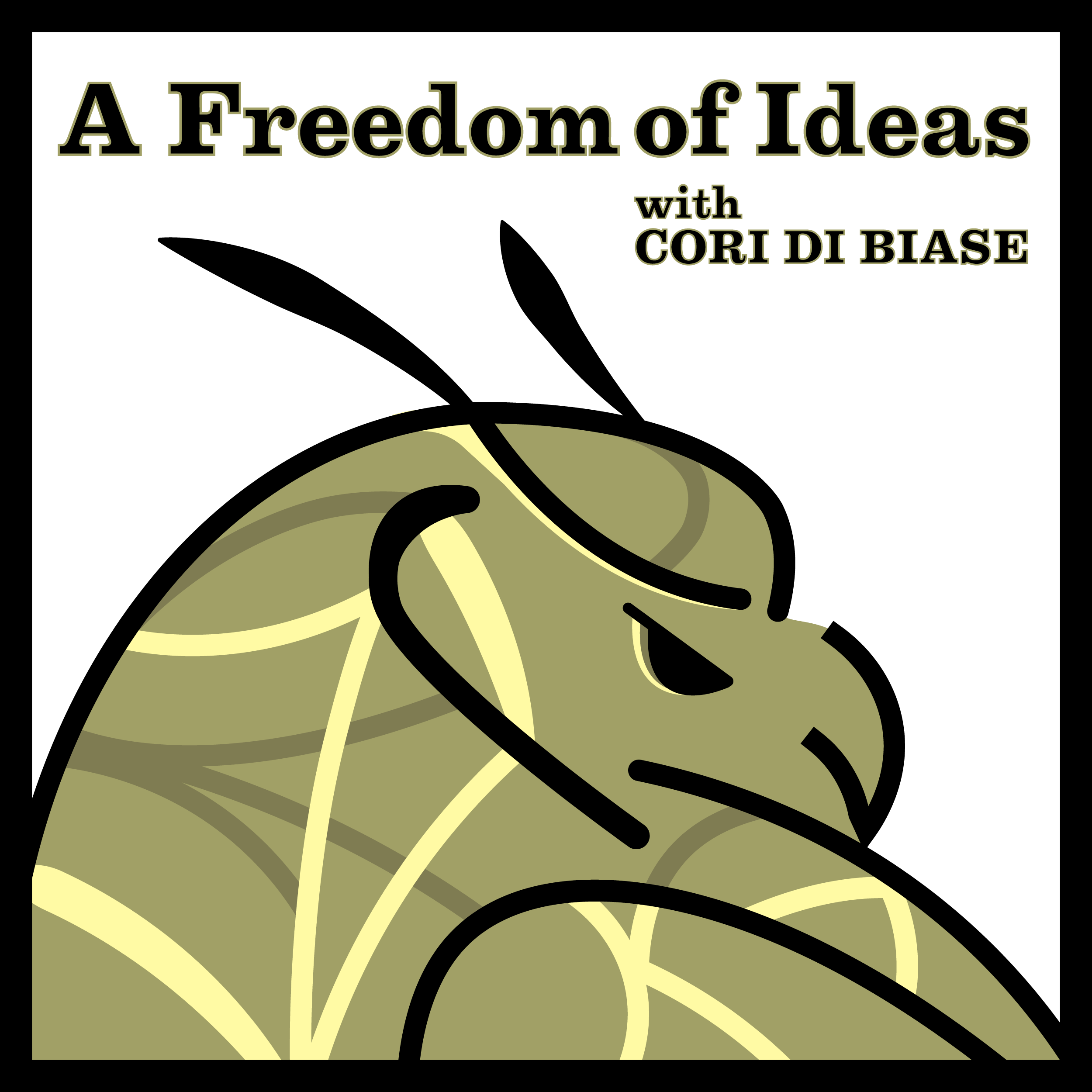FOUNDATIONS: Reason & Imperialism 3; “Indian Boarding Schools”
In Season 2 - our FOUNDATIONS series - we’ll examine European philosophers from the 17th through the 19th centuries, to see how their views have shaped and defined our own… whether we realize it or not.
Having contended that Imperialism served to “change the minds” of much of the world – meaning, to re-make the human understanding of how the mind operates in relationship to the world – for the next three episodes we’ll talk about how, exactly, that mind-changing took place.
We’ll begin by discussing “Indian Boarding Schools” in the United States as one of a number of brutal, genocidal practices used by Imperialists in native or indigenous communities. Indigenous communities generally suffered far more explicit cruelty than victims of Imperialism in more settled societies. This, in itself, is a further example of European “rational chauvinism” – the belief that peoples exist on a scale of “maturity”, rationality, and civilizational quality.
In this all-too-brief look at these brutal institutions, we’ll see how their operations sought to change the minds of native youth in America, and the broader impacts these “schools” had on the communities and civil society of the families that experienced them.
Sources for toady’s show include:
Federal Indian Boarding School Initiative Investigative Report
Federal Indian Boarding School System Intentionally Sought to Destroy Native Families
“Kill the Indian, save the man”: Remembering the stories of Indian boarding schools
Survivors Of Native American Boarding Schools Discuss Dark History In The US

